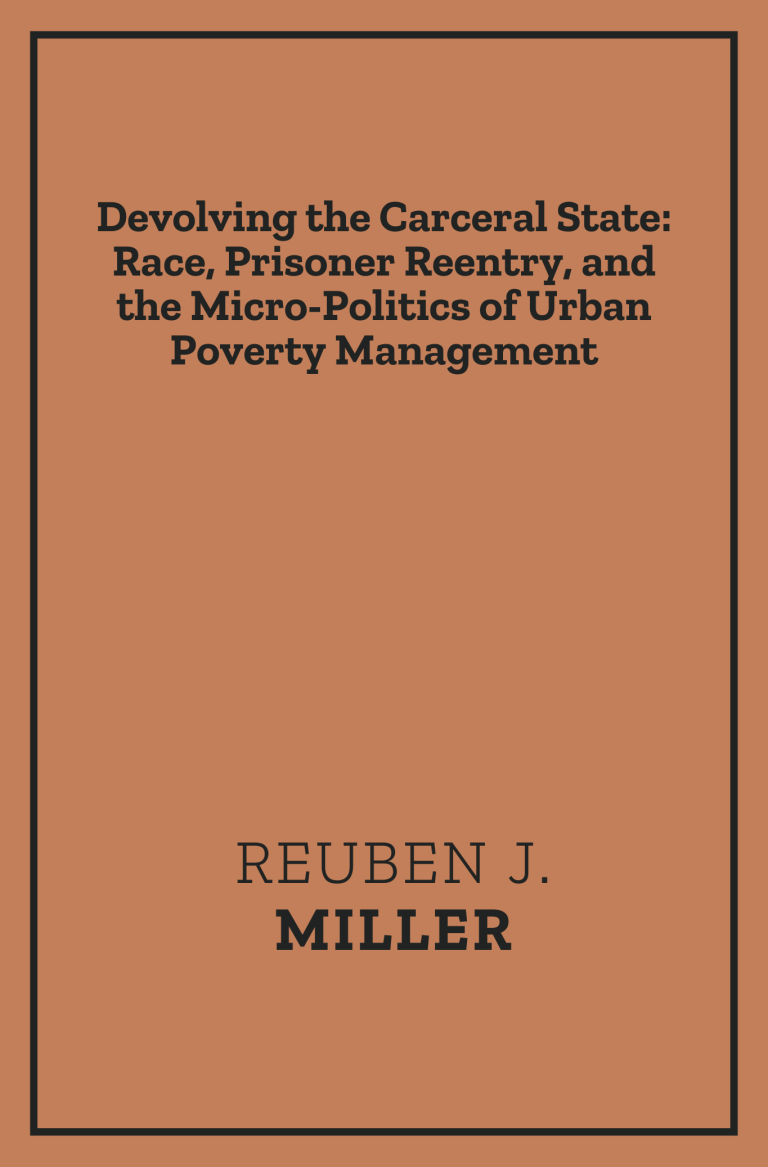This article presents findings from an ethnographic study of prisoner reentry programming in a large Midwestern city to better understand the strategies reentry organizations employ to ‘rehabilitate’ prisoners and the ways in which those strategies articulate with larger social policy processes. Prisoner reentry is a hybrid welfare state–criminal justice institution. As the rehabilitative strategy of choice in the current age, the ascendance and proliferation of reentry services throughout low income communities of color represents the long standing collusion between social welfare and criminal justice actors to manage marginalized populations and a formal reconfiguration of the state, altering its scope, reach and consequence in the lives of the urban poor. I detail the experiences of former prisoners participating in reentry services and discuss the implications of the ascendance of prisoner reentry for race relations, punishment, and social welfare policy in the United States.
Home > Research > Making and Implementing Law > Devolving the Carceral State: Race, Prisoner Reentry, and the Micro-Politics of Urban Poverty Management > Devolving the Carceral State: Race, Prisoner Reentry, and the Micro-Politics of Urban Poverty Management

